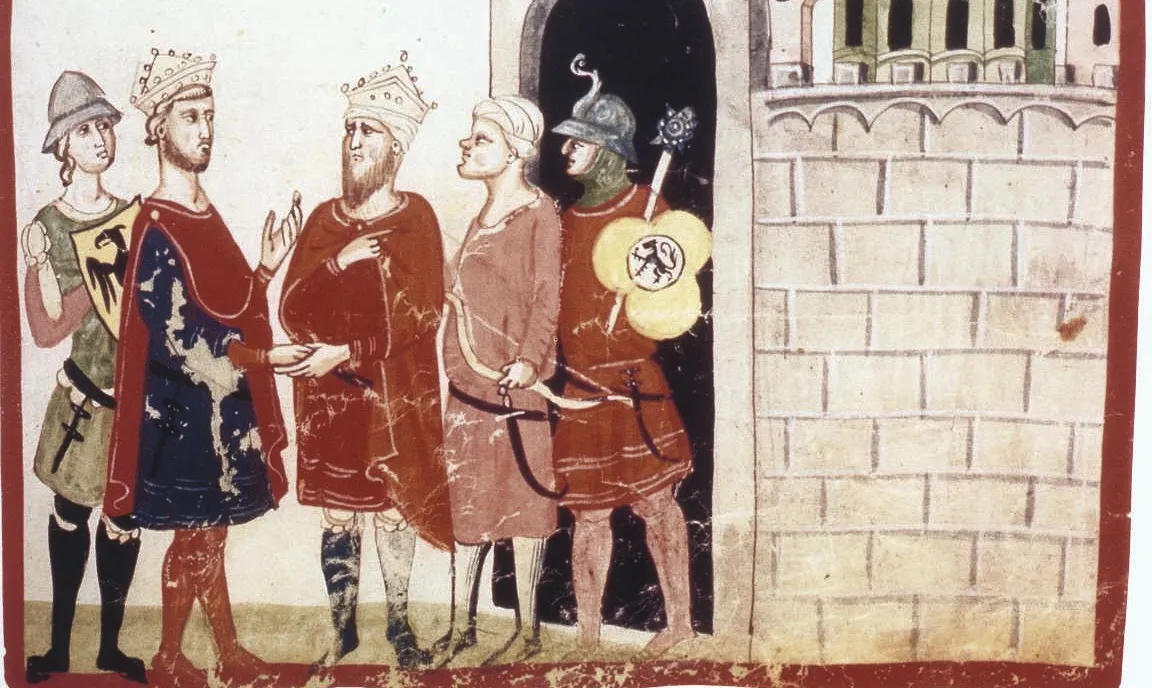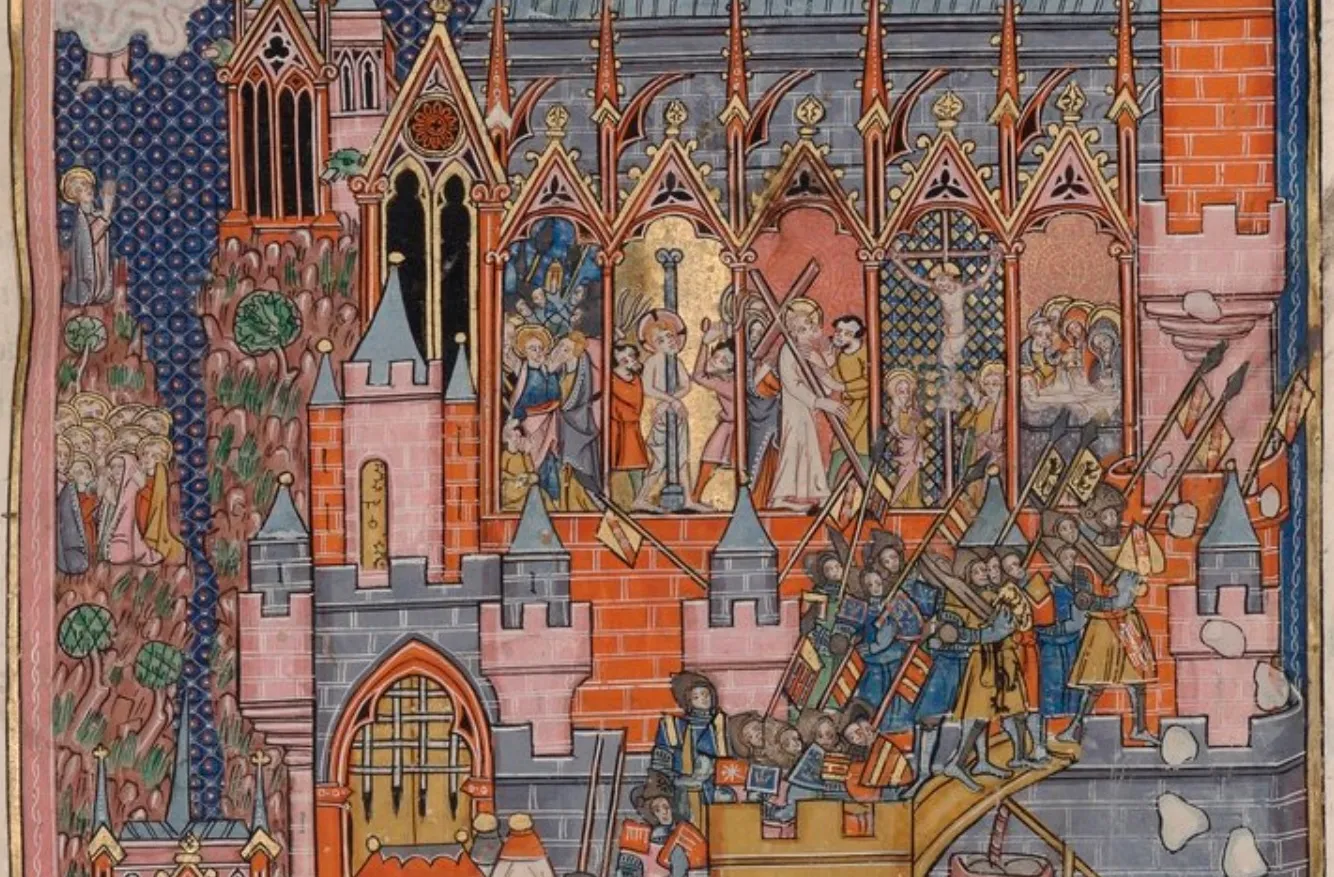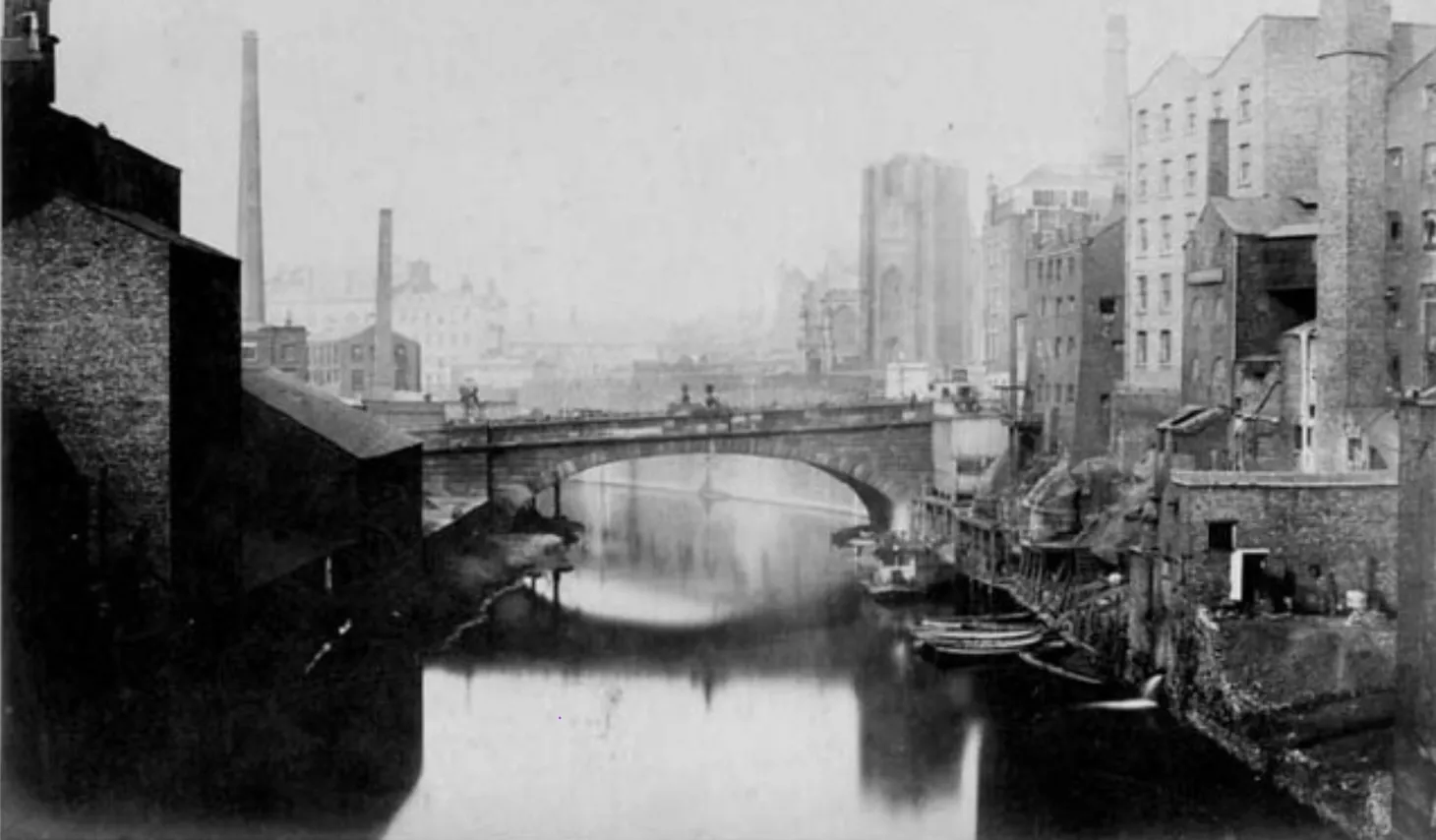“Those Who Suffer Under Colonial Oppression Must Join Hands”: International Anticolonialism in the Interwar Years
Discussion of teaching anticolonialism in the 1920s and 1930s as a global movement
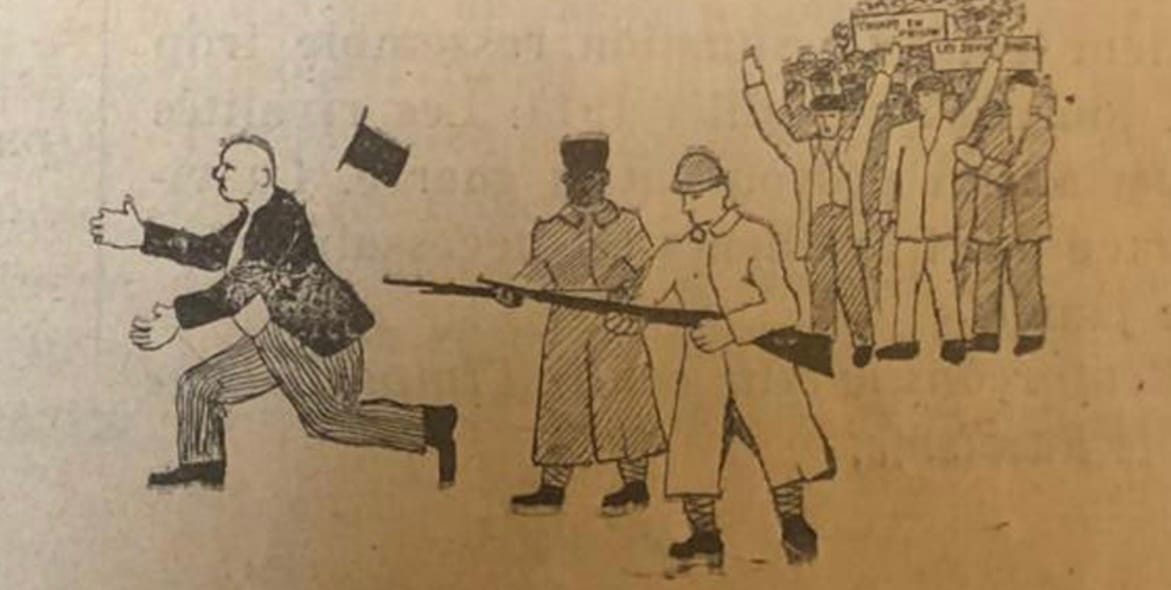
In the previous post, I wrote about how world history textbooks leave out the role of women in anticolonialism movements in the 1920s and 1930s. Because textbooks also typically discuss anticolonialism in different colonies or regions, the authors rarely mention the links between various anticolonial movements or how cities outside Africa and Asia became hubs for colonized people from different parts of the world.
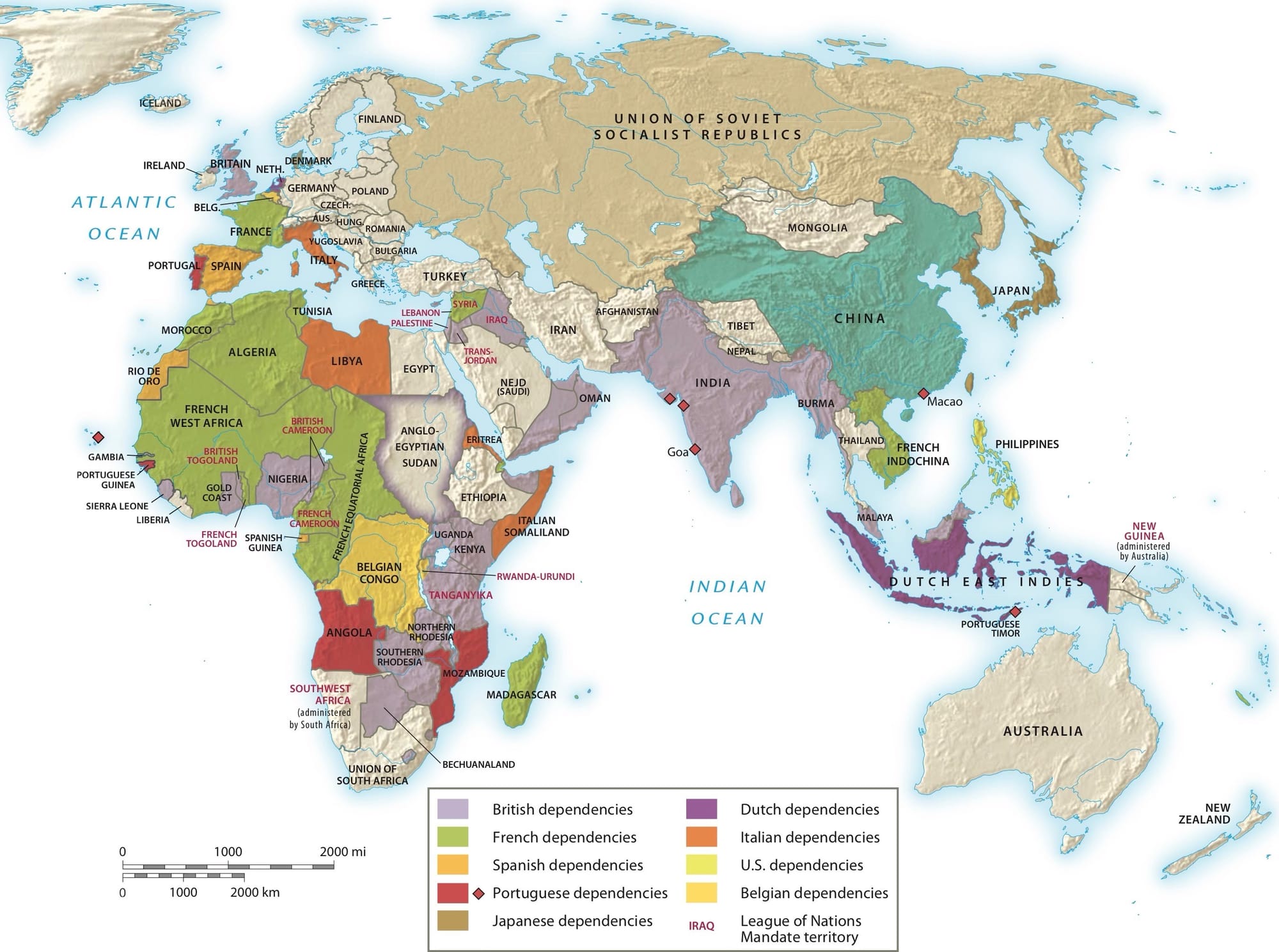
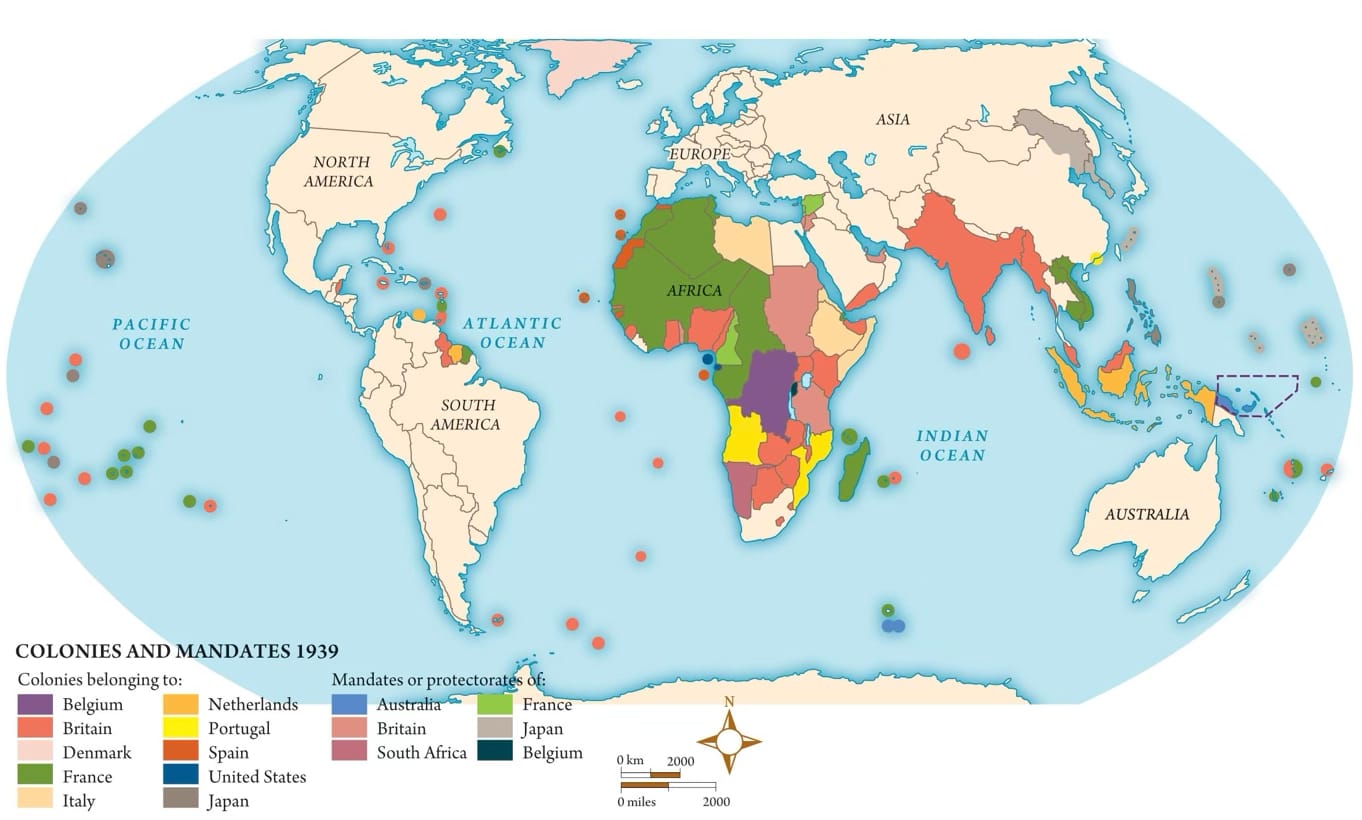
Left: Colonies in Afroeurasia in 1925. Source: Panorama: A World History. Right: World colonies in 1939. Source: Forging the Modern World: A History.
During the Interwar Years, colonized people from Africa, Asia, Latin America, and the Caribbean regularly met in a handful of cities, such as London, Mexico City, Moscow, and Paris. There were also important gatherings with anti-imperial agendas, such as the League Against Imperialism meeting in Brussels and the Eastern Women’s Congresses in Damascus and Tehran. These cities and gatherings provided a critical opportunity for colonized people to interact, learn from each other, and develop strategies for achieving independence. By including some discussion of how colonized people worked together and with communists in the 1920s and 1930s, students can better understand anticolonialism as a global movement.
Anticolonial and Communist Cooperation
This content is for Paid Members
Unlock full access to Liberating Narratives and see the entire library of members-only content.
SubscribeAlready have an account? Log in

